-
Selin Kuralay played 28 times for the Matildas between 2004 and 2010, including appearing as an 18-year-old at the 2004 Athens Olympics.
Kuralay – who now leads a team as Deposits & Home Loans Portfolio Manager for ANZ Plus – was also appointed to the Melbourne and Olympic Parks Trust in February this year.
"I do feel this real, deep social responsibility to give back and contribute to the sport that has given me so many opportunities in life, and if I can have the smallest impact on these kids, it means the world to me.” - Selin Kuralay
She spoke to bluenotes about her experiences and how being an Olympian contributes to the rest of your life.
How does being an Olympian and walking out onto the field of play compare to other times you've taken the field for your country? Is there an added excitement or pressure at an Olympic Games?
Selin: Wearing the green and gold is always really special, but the Olympics certainly holds a unique place in the hearts of athletes worldwide. It stands as the largest international sporting event, bringing together 10,000 of the world's best athletes to celebrate excellence, culture and unity through the universal language of sport. And unlike a World Cup where teams consist of only 23 players, the Australian Olympic team is represented by 400 of the most elite athletes.
{CF_AUDIO}
Screen reader users press tab 3 times to reach the play button.
They have all united in their support for one another. I guess it's really this camaraderie and shared national pride which creates a powerful and inspiring environment, particularly in the athletes’ village, where you get to know your broader group of team-mates. Everyone attends each other's events and really gets behind each other.
For me, walking out on the field at the Athens Olympics was a real culmination of years of hard work and sacrifice. Talent can really only ever get you so far, and the pride that I felt putting on that jersey - competing at the Olympics - an event with so much historical significance and tradition, could really never be matched. I remember watching the Olympics as a kid on telly, dreaming that that one day that could actually be me.
What did the Olympics teach you about yourself?
Selin: Being an Olympian taught me invaluable lessons about perseverance, resilience, and the power of determination.
I've had three knee reconstructions, and moved away from home at the age of 16 to live at the Australian Institute of Sport in Canberra.
By the age of 18, I moved away again from friends and family to live in Florida for eight years, which instilled this huge level of independence in me from a young age and further strengthened my determination. These experiences have definitely shaped my approach to life beyond being an athlete. I learned the importance of continuous improvement, adaptability and seizing opportunities for personal growth where they present.
I now realise more than ever the impact I can have on kids inspiring them to dream big. Watching my nephews and friends play football on the weekend and simply showing up and giving them some tips gets them so excited. Volunteering to coach my friend's daughter's teams and seeing the joy and motivation I can bring and the impact I can make on them is really rewarding.
I do feel this real, deep social responsibility to give back and contribute to the sport that has given me so many opportunities in life, and if I can have the smallest impact on these kids, it means the world to me.
How does the experience of training and playing at the Olympics inform the rest of your life? That drive and passion to apply yourself to get to an Olympics is very strong and must be a valuable asset as you move on with life?
Selin: Sport has really helped shape my understanding of good leadership, and that's something that I've really learned more as I work in a corporate environment.
The best coaches I have ever had inspired me to play my heart out and believe I could achieve things I never imagined. Great leaders create an environment of intense level of trust, enabling us to achieve our common goals and perform at our best.
If you're an underperforming coach or leader, your team simply won't trust you and they'll struggle to perform for you. So, I try and apply these principles when I'm leading people. A great leader means investing significantly in your people.
Overall, the drive and passion to apply myself that I developed as an athlete has been invaluable in other aspects of my life, especially in understanding the power of teamwork and great leadership.
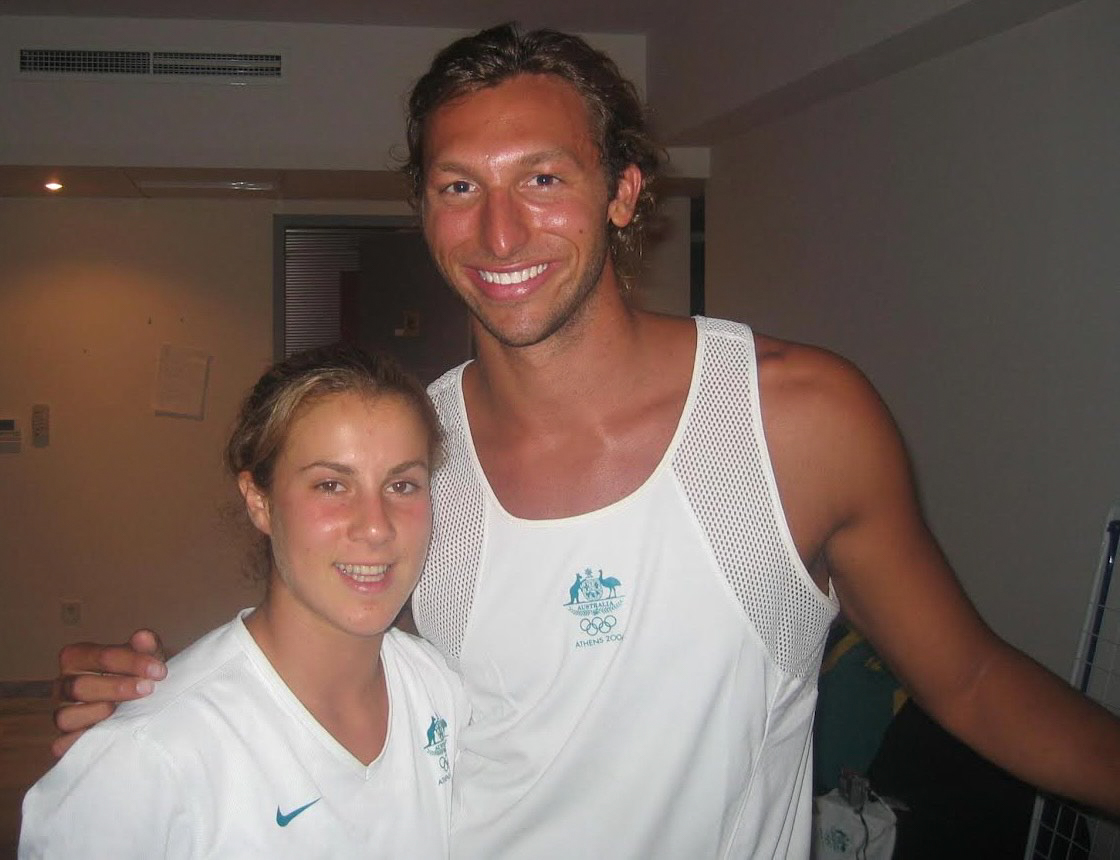
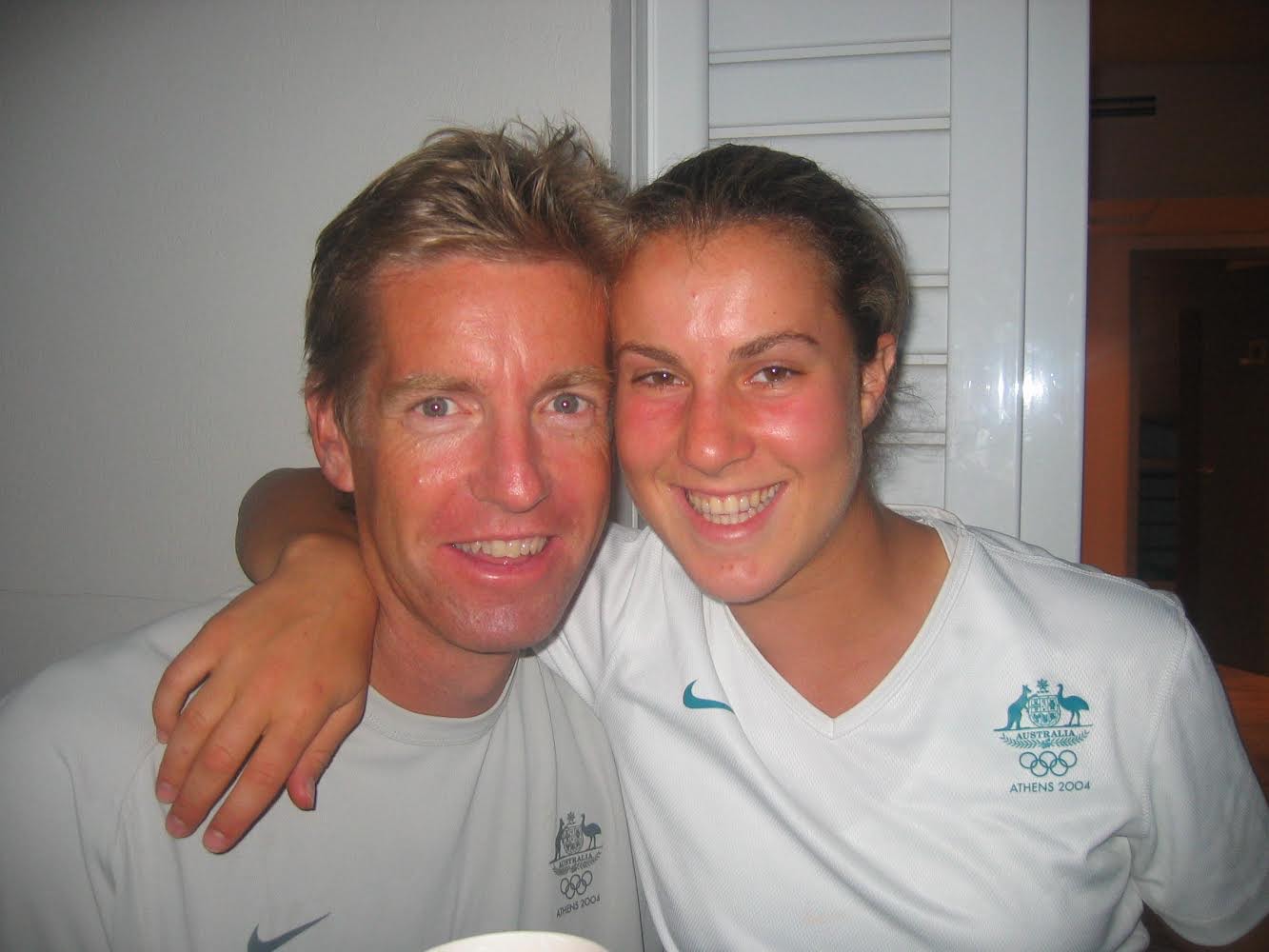
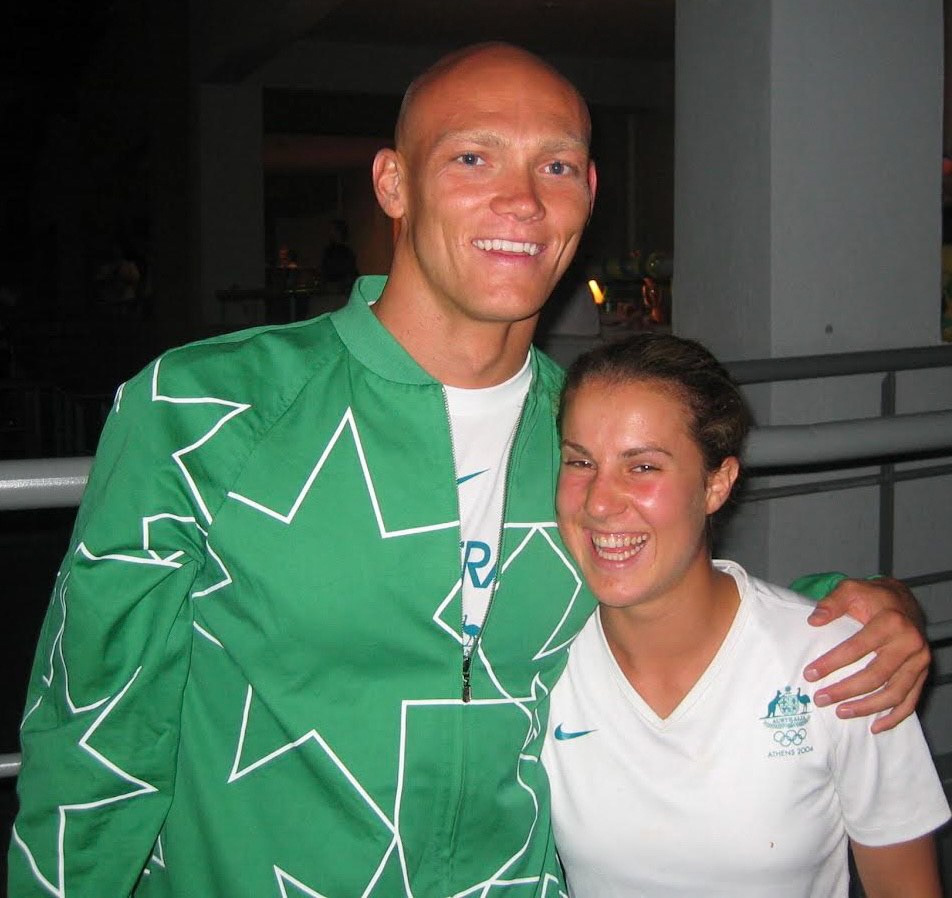
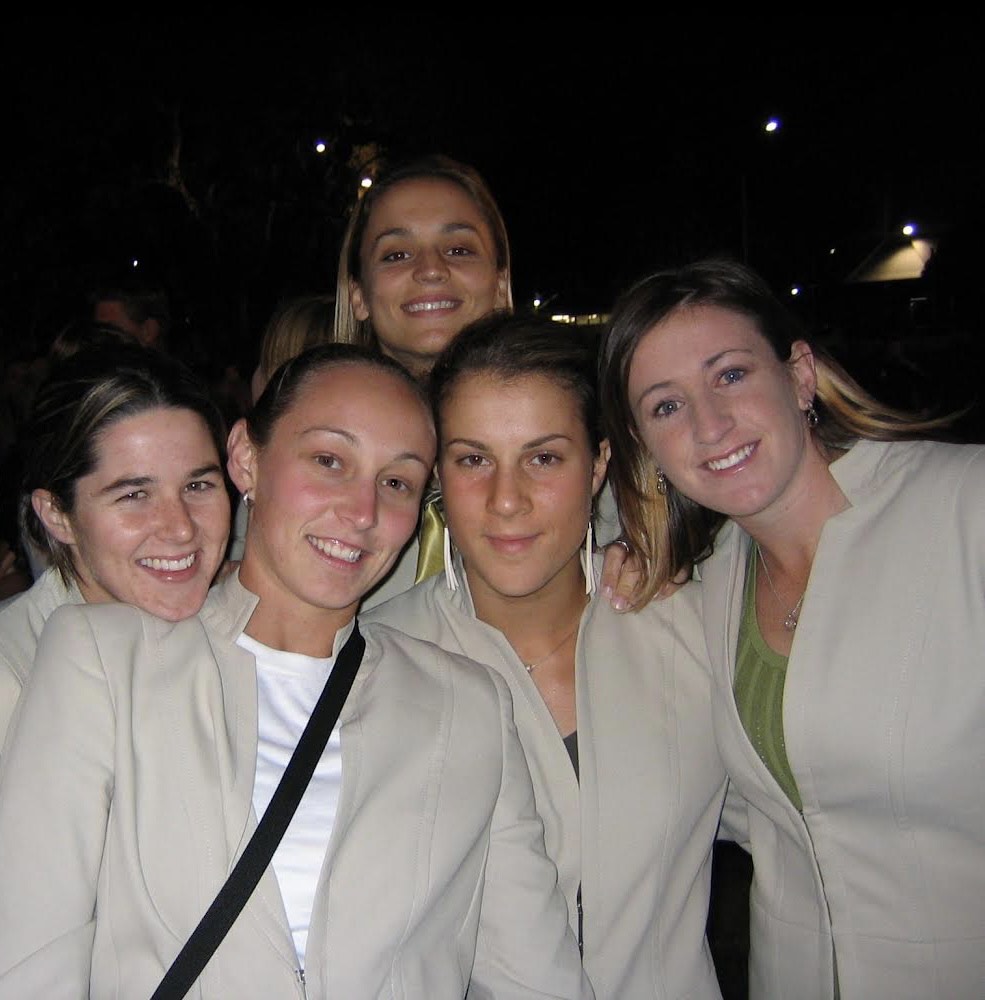
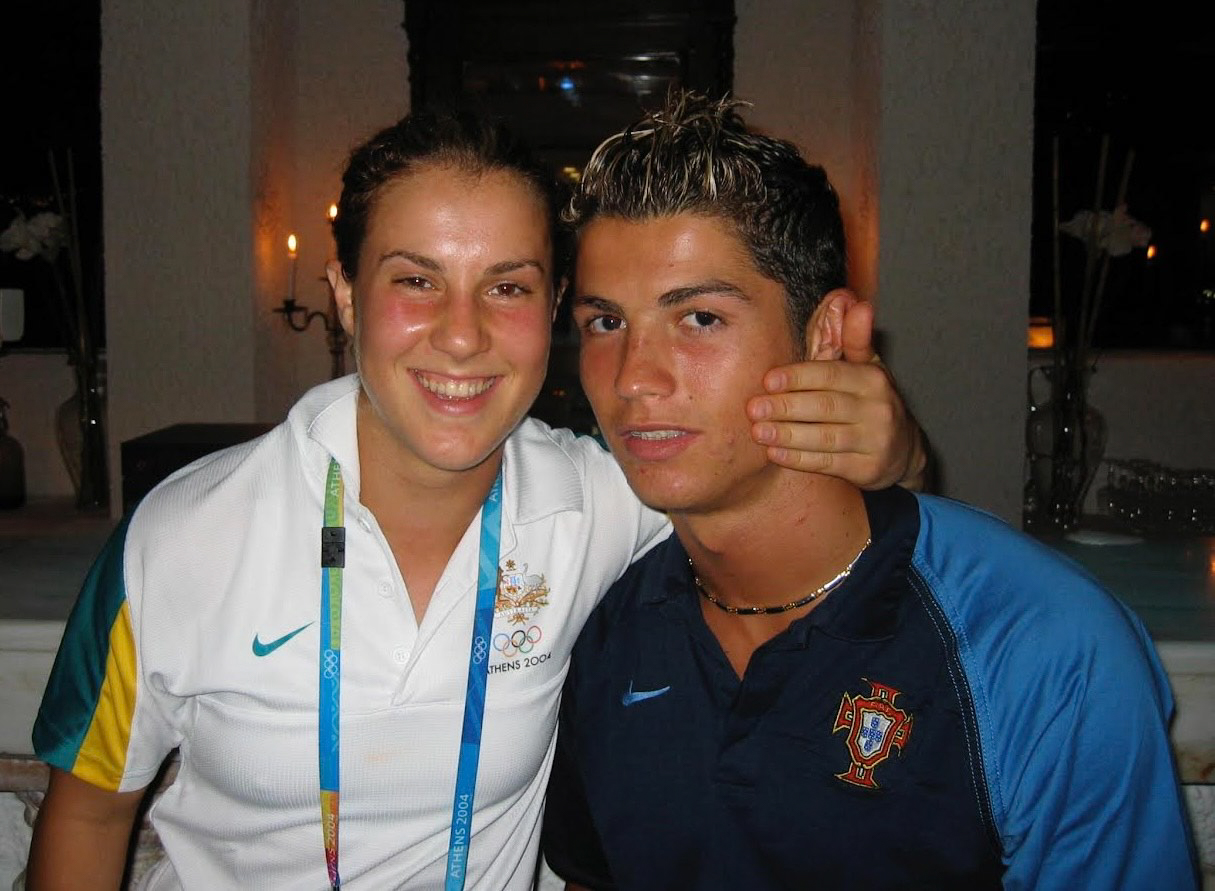
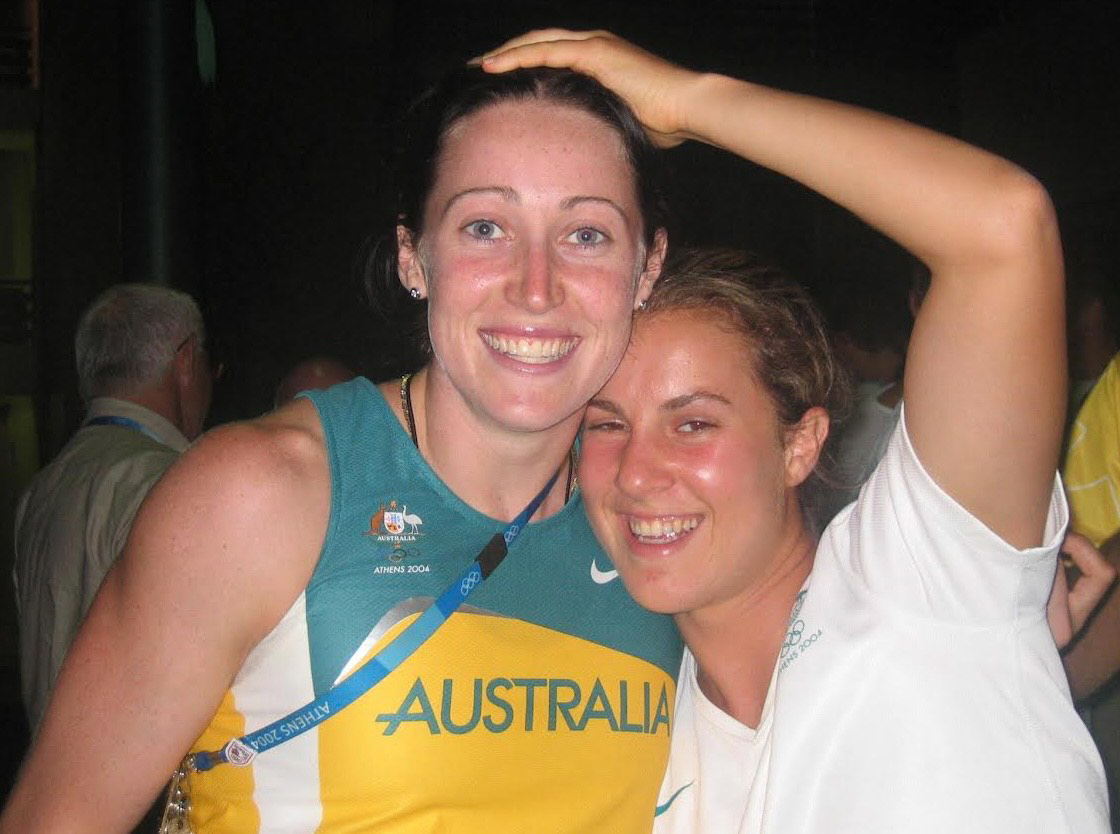
The Olympics is very much about having a wider view of the world. You're effectively a part of a global community. Aside from being at ANZ, you're now on the Olympic Park Trust. How does this tie-in to that greater passion for community that you learnt from being an Olympian?
Selin: I feel deeply privileged to be appointed by the government as a trustee of Melbourne and Olympic Park. It's a globally unique state-owned asset with ten professional sporting teams based there. It encompasses sports like netball, basketball, rugby, soccer and tennis, making it somewhat like a Disneyland for a sports enthusiast like myself.
We host over 400 events a year, including concerts and of course, the Australian Open, where we welcome about 3 million guests.
Serving as a trustee allows me to contribute to providing Victorians with a vibrant, continually evolving precinct for sports and entertainment, which really gives me a sense of purpose and fulfilment. It allows me to integrate my passion for sport and community with the commercial experience I've gained over my 14-year tenure here at ANZ. It's a place where people of all ages, diverse communities and cultures come together to create lasting memories, and I truly feel honoured to be a part of that.
You helped build the Matildas into what they are today. What are your reflections on their growth and the growth of women's sport in general in the last couple of years?
Selin: The growth of the Matildas and women's sport in general has boomed, particularly since the pandemic.
I think there are three main driving factors behind the expansion of women's sport.
Firstly, increased investment in women's sport has provided better training facilities, coaching and support, allowing athletes to reach their full potential which results in a quality product that people are engaged with.
Corporate sponsors have finally realised that investing in women's sport makes commercial sense due to its rapidly growing participation and fandom.
The government's Office for Women in Sport recently conducted a study which found that for every $1 a corporate sponsor invests in the visibility of elite women's sport, they realise an average return on investment of $7, which is really good for business.
Secondly, media coverage has played a crucial role in bringing women's sports into the spotlight, making games and events more accessible to fans.
In the past, women's sports were mostly invisible, and being a female sports fan meant struggling to find ways to stream games or follow the action of your favourite teams.
During the World Cup, all of Australia was glued to their TVs. This sudden obsession was created with the Matildas. The fandom was real and the game against Canada became the most watched TV event, surpassing Cathy Freeman's famous gold medal win at the Sydney Olympics.
Thirdly, social media has really amplified visibility, allowing athletes to connect with fans and share their journeys directly. The Matildas have driven a lot of their own fandom by connecting with their fans and becoming amazing content creators.
The impact of women's sport extends beyond the field itself. It contributes to gender equality and not only within sports, but also in broader society. By increasing the visibility of women's sports, we inspire young girls and give them opportunities to dream big and pursue their passions. I think this genuinely helps foster a more balanced society, demonstrating that women can also achieve incredible feats.
What's capturing your attention in the world of women's sport at the moment?
Selin: Take Angel City, a team based in LA owned by celebrities like Serena Williams, Natalie Portman and Eva Longoria, just to name a few.
That team was purchased three years ago for $5 million. Fast forward three years, it's now valued at $300 million. Their games - like the Matildas - are the hottest tickets in town, they're selling out every single one of them, which is really impressive in a sports saturated market like LA. It goes to show that when given opportunities, women's sport actually can flourish.
Jeff Whalley is a journalist with bluenotes
The views and opinions expressed in this communication are those of the author and may not necessarily state or reflect those of ANZ.
-
anzcomau:Bluenotes/Leadership-and-Management,anzcomau:Bluenotes/notable-women
Living the Olympic dream
2024-07-24
/content/dam/anzcomau/bluenotes/images/articles/2024/July/Selin%20at%20Stadium.jpeg
EDITOR'S PICKS
-
ANZ Customer Fairness Advisor Evelyn Halls has received the Medal of the Order of Australia in the General Division.
1 February 2024 -
The little girl playing amid teams of boys became the Matilda facing hostile crowds in the world’s biggest stadiums. Now at ANZ, Selin Kuralay shares her journey and the lessons learnt.
22 August 2023
